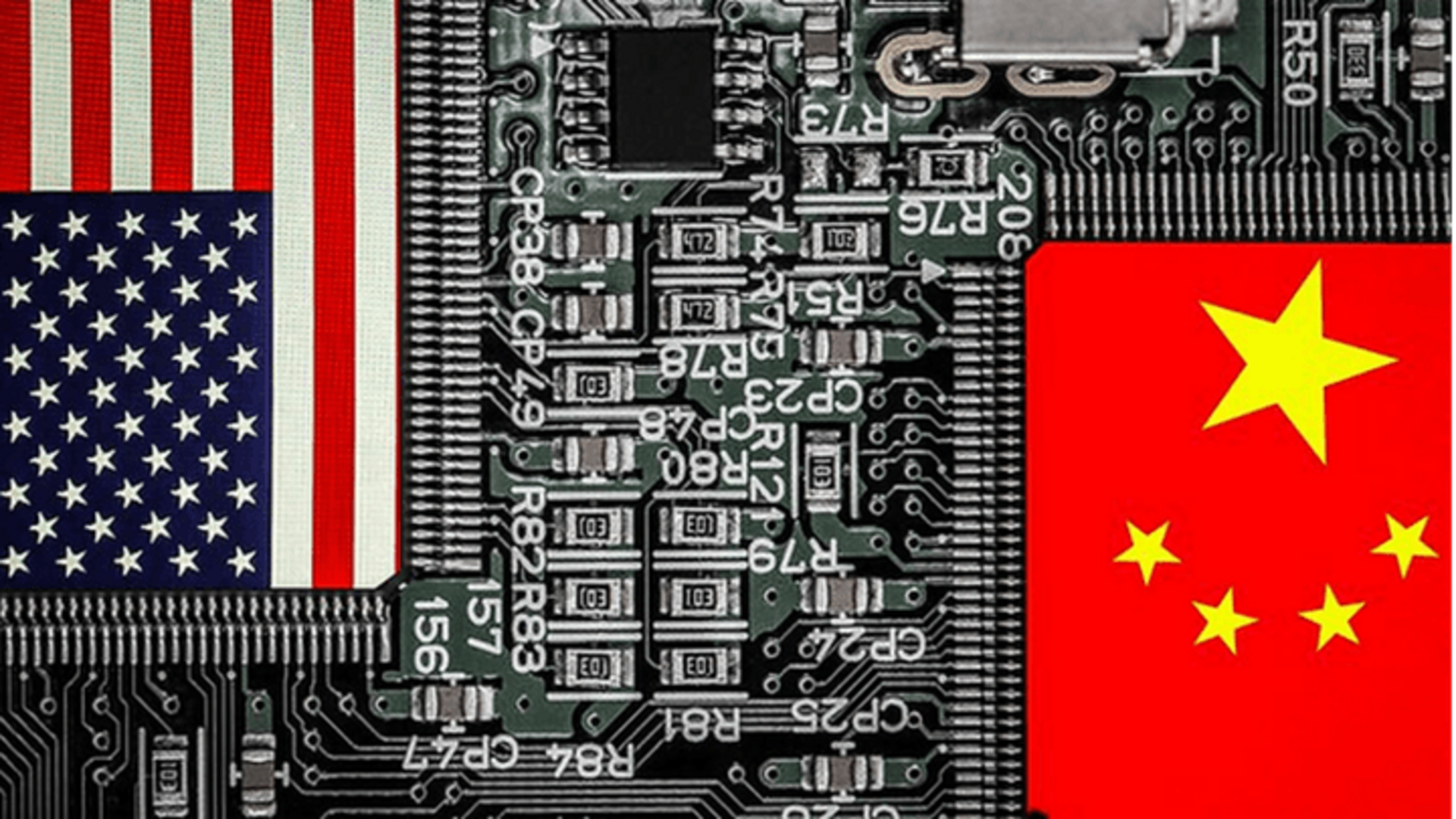
US addresses loopholes in restrictions on chip exports to China
What's the story
The US government plans to roll out new rules this week to stop American chipmakers from selling semiconductors to China that dodge current restrictions, told an anonymous US official to Reuters. These updated regulations will build on existing limitations for advanced chip and chipmaking equipment shipments to China. They will block certain AI chips that narrowly skirt current technical parameters and require companies to report shipments of others.
Details
Diplomatic implications and export curbs rationale
As the US works to improve relations between the world's two largest economies, this latest move to tighten technology exports to China could complicate diplomatic efforts. Top officials from the Joe Biden administration have met with their Chinese counterparts recently, and the US claims these export curbs aim to stop American chips and equipment from boosting China's military capabilities. Meanwhile, Beijing accuses the US of using export controls to hold back Chinese companies.
What Next?
Impact on NVIDIA and AI chip guidelines
In 2020, government restrictions stopped NVIDIA from shipping two of its most advanced AI chips to Chinese customers. However, NVIDIA soon launched less advanced versions for the Chinese market that got around US export controls. Now, the US intends to bring in new guidelines for AI chips that will limit certain advanced data center AI chips not currently covered by existing rules. While specific chips haven't been named, sources suggest NVIDIA's H800 is one semiconductor targeted by the administration.
Insights
How the US intends to address export controls
To keep high-performance AI chips out of China, the US plans to drop one of the parameters, the "bandwidth parameter," used to limit exports of certain AI data center chips. This change would likely slow down how fast AI chips communicate with each other. This is a big deal because creating large AI models needs multiple chips to work together, and slowing down their communication makes AI development tougher and costlier.
Insights
Exemptions and national security concerns
The new restrictions won't apply to chips meant for consumer products like laptops. But companies will need to let the Commerce Department know when they are filling orders for the most powerful consumer chips to make sure they are not being used in ways that threaten national security.
Facts
Adapting export rules for evolving AI technology
The US also plans to introduce a "performance density" parameter to help prevent future workarounds. These updated rules aim to cover AI chips more effectively as technology advances. Companies will need to inform the government when semiconductors fall slightly short of the guidelines before shipping them to China. The government will then decide case-by-case if they pose a national security risk. Unless instructed otherwise, the chips can be shipped by the manufacturer.
Insights
Blocking foreign subsidiaries from acquiring chips
The updates made to the rules in October 2022 may also plug a gap that allows Chinese companies to acquire American artificial intelligence chips through their foreign subsidiaries. These rules are not expected to impose restrictions on access to US cloud computing services or those offered by allied nations.